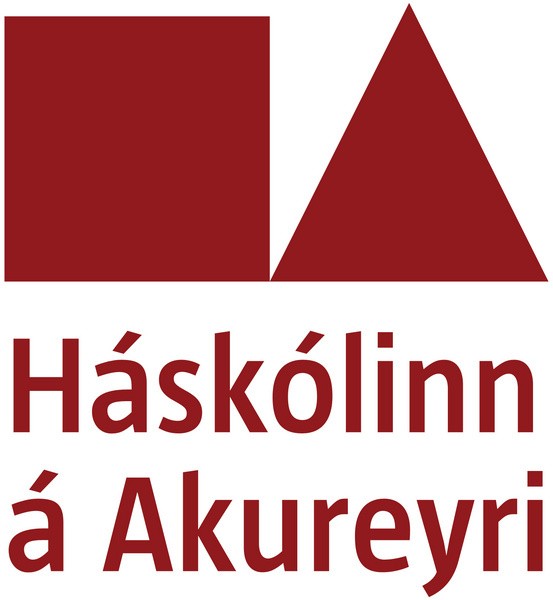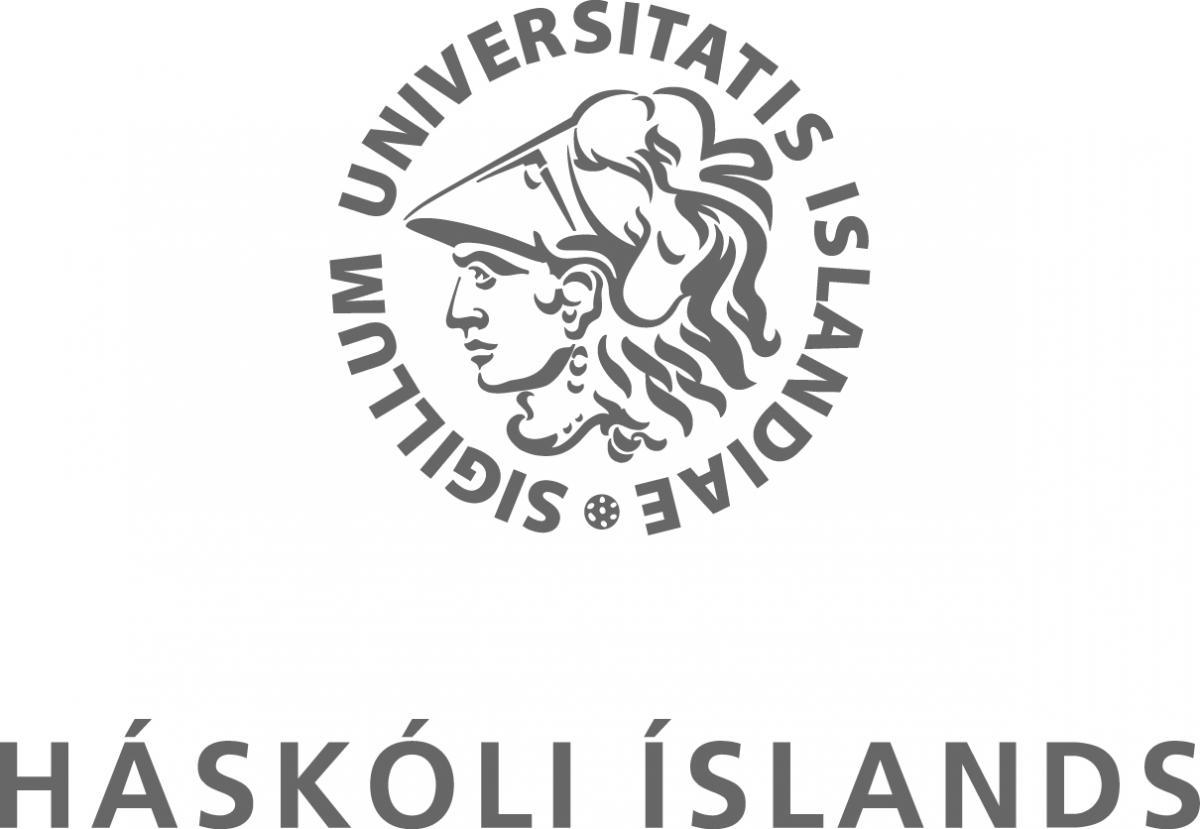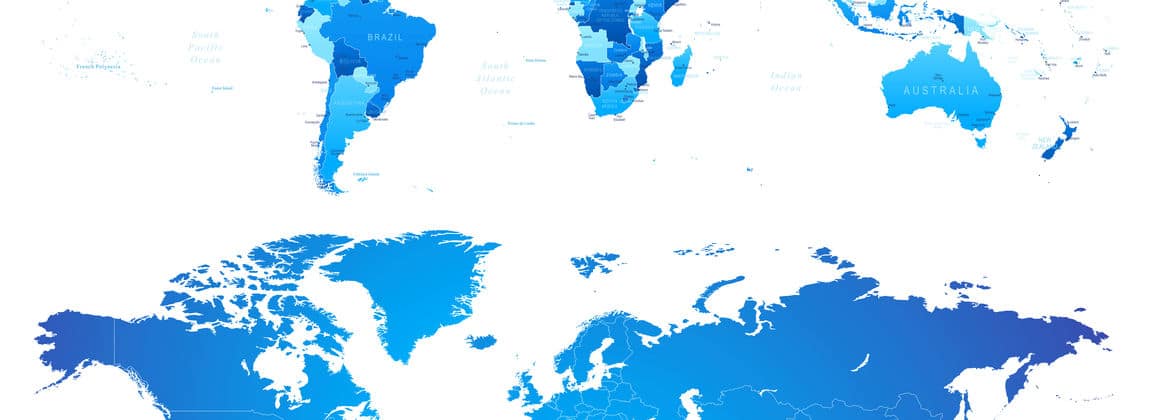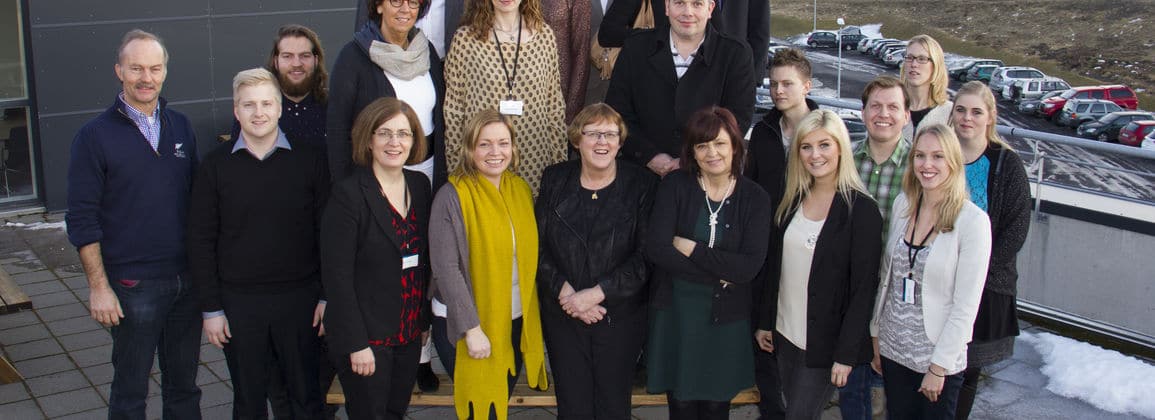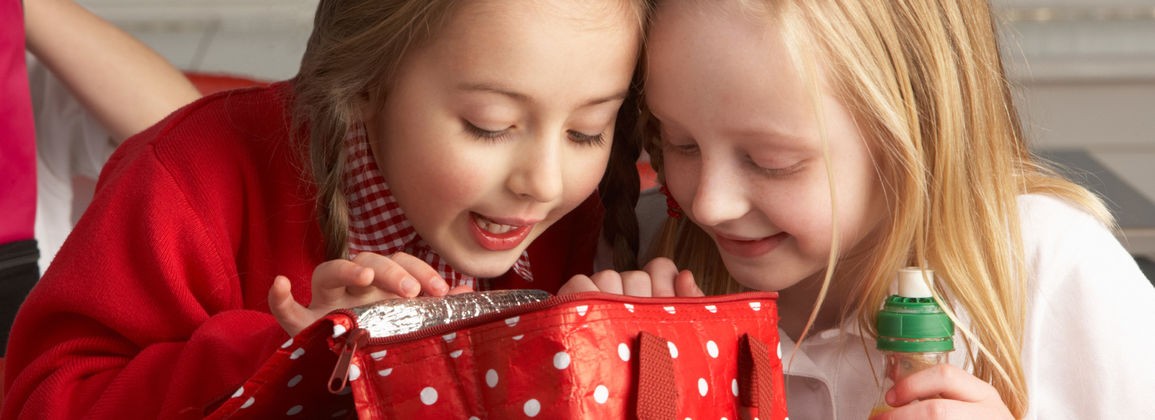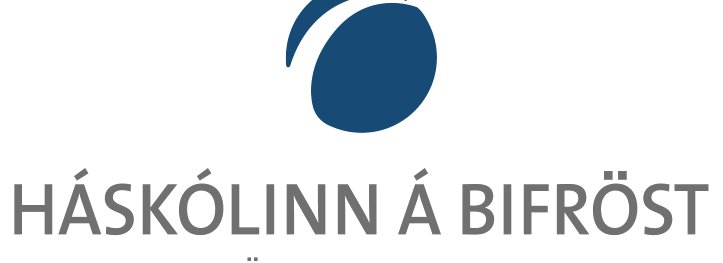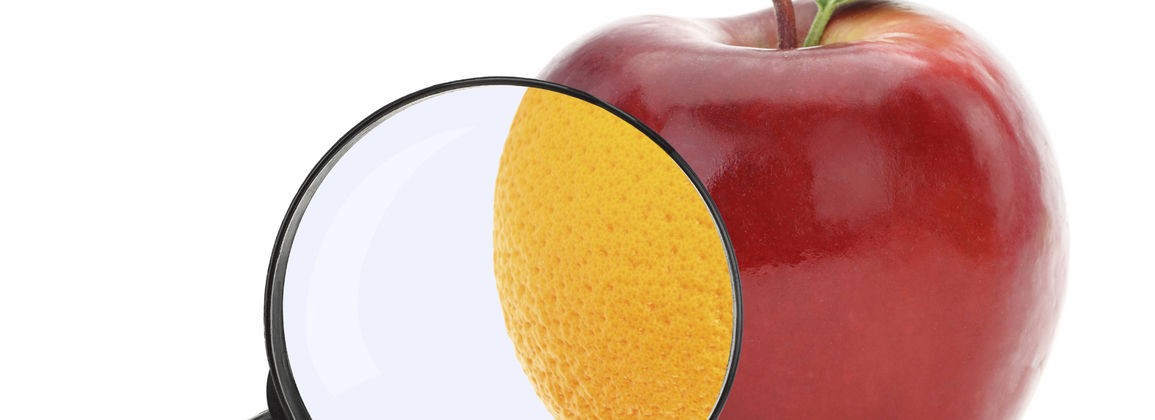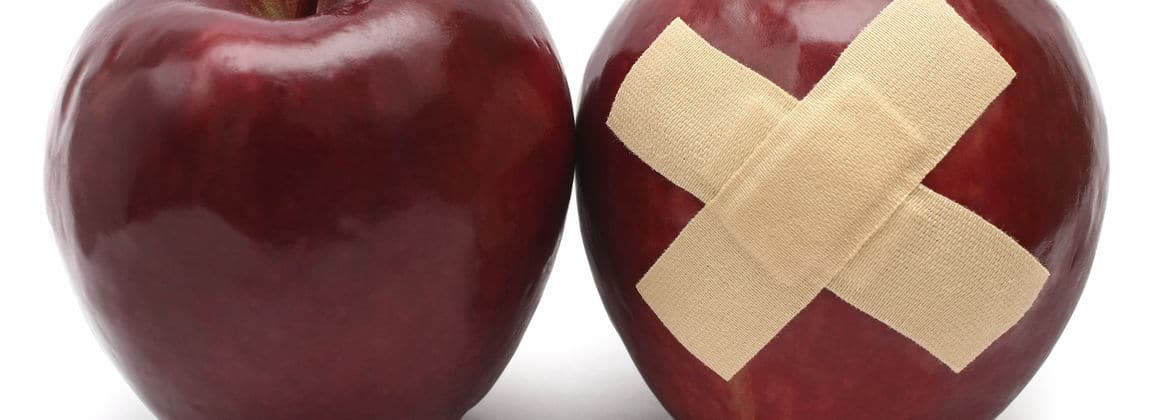Stefán B. Sigurðsson, Rector of the University of Akureyri, Sveinn Margeirsson, CEO of Matís, and Ögmundur Knútsson, President of the School of Business and Natural Sciences at the University of Akureyri, recently signed a co-operation agreement.
The agreement lays the foundation for further strengthening of research and education in fisheries sciences, food sciences and biotechnology as well as collaboration in other areas of teaching and research, with the aim of being at the forefront in Iceland in the fields related to fisheries sciences and biotechnology, both taught at the University of Akureyri. One of the aims of the agreement is to strengthen teaching and research in the field of fisheries science, food science and biotechnology, among other things through access to international funds and co-operation in the field of utilization of Arctic resources.
Its goal is also to increase the number of people studying and researching in these fields, integrate research and development projects in the field of sustainable resource utilization, processing technology, biotechnology, food safety and public health, to mobilize more Matís employees in teaching at the University of Akureyri and give Matís employees the opportunity to to receive a professional academic evaluation from the University of Akureyri / School of Business and Natural Sciences and the possibility of visiting teaching positions, as articles will be published under the auspices of both parties, as well as sharing facilities, facilities and equipment.
The University of Akureyri is an Icelandic research university that takes an active part in international research. The university has about 1600 students in undergraduate and graduate studies, in on-site and distance learning. Fisheries science has been taught at the University of Akureyri since 1990 and biotechnology since 2002. The subjects are now taught at the Faculty of Natural Resources and the School of Natural Sciences at the University of Akureyri, which has also offered master's studies in fisheries and resource studies. Due to the nature of the study, teaching in fisheries science has from the beginning been carried out in collaboration with domestic fisheries companies and companies in related disciplines.
Matís is the largest research institute in the country that conducts research and innovation in the field of food and biotechnology for the benefit of the economy, public health and food and food security. Matís plays an extensive role in services in the field of research, education and innovation. Emphasis has been placed on meeting the needs of food producers and entrepreneurs, in collaboration with the education system, among other things in the form of practical projects with the participation of students.

The picture shows Sveinn Margeirsson, CEO of Matís, Ögmundur Knútsson, President of the School of Business and Natural Sciences at the University of Akureyri, Rannveig Björnsdóttir, Associate Professor at the Faculty of Natural Resources at the University of Akureyri and Director of Matís, and Stefán B. Sigurðsson, Rector of the University of Akureyri.
News written by Hjalti Þór Sveinsson and first published on the website of the University of Akureyri, www.unak.is.

